Is Heart of Darkness a racist text?
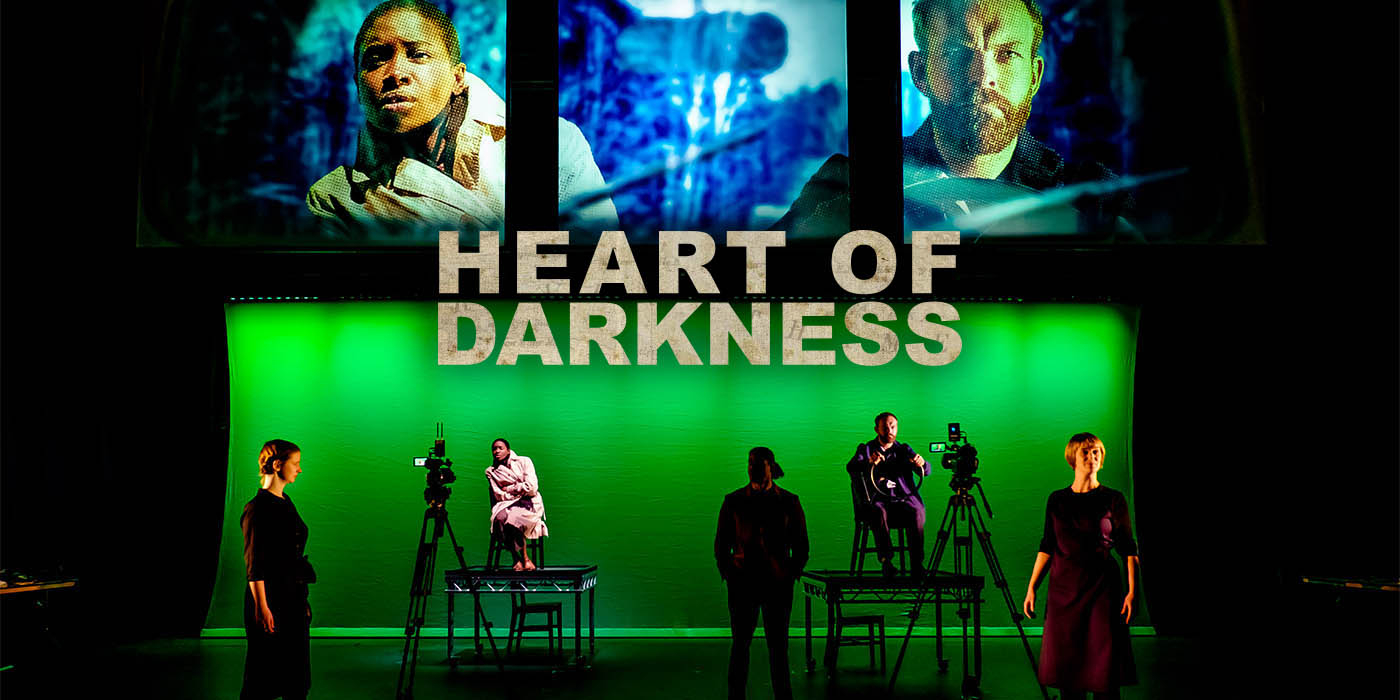
Rio Matchett, our New Works Assistant and Lecturer in Modernist Literature at the University of Liverpool, discusses Joseph Conrad’s Heart of Darkness ahead of imitating the dog’s theatrical adaptation of the novel at the Playhouse.
Heart of Darkness, or ‘The Heart of Darkness’ as it was first known, was published in 1899, a time of great political and social change in Europe. The turn of the century promised a new world as the industrial revolution careered society towards global capitalism – the more palatable way of seeing European exploitation of other nations. Conrad’s novel engages with ideas of imperialism, spurious theories of racial superiority, and the nature of mankind. It has been causing heated debate ever since. The question wrestled with by readers, audiences and scholars for the last century is this: is Heart of Darkness a racist text, or does it seek precisely to critique the racist views prevalent at the start of the 20th Century?
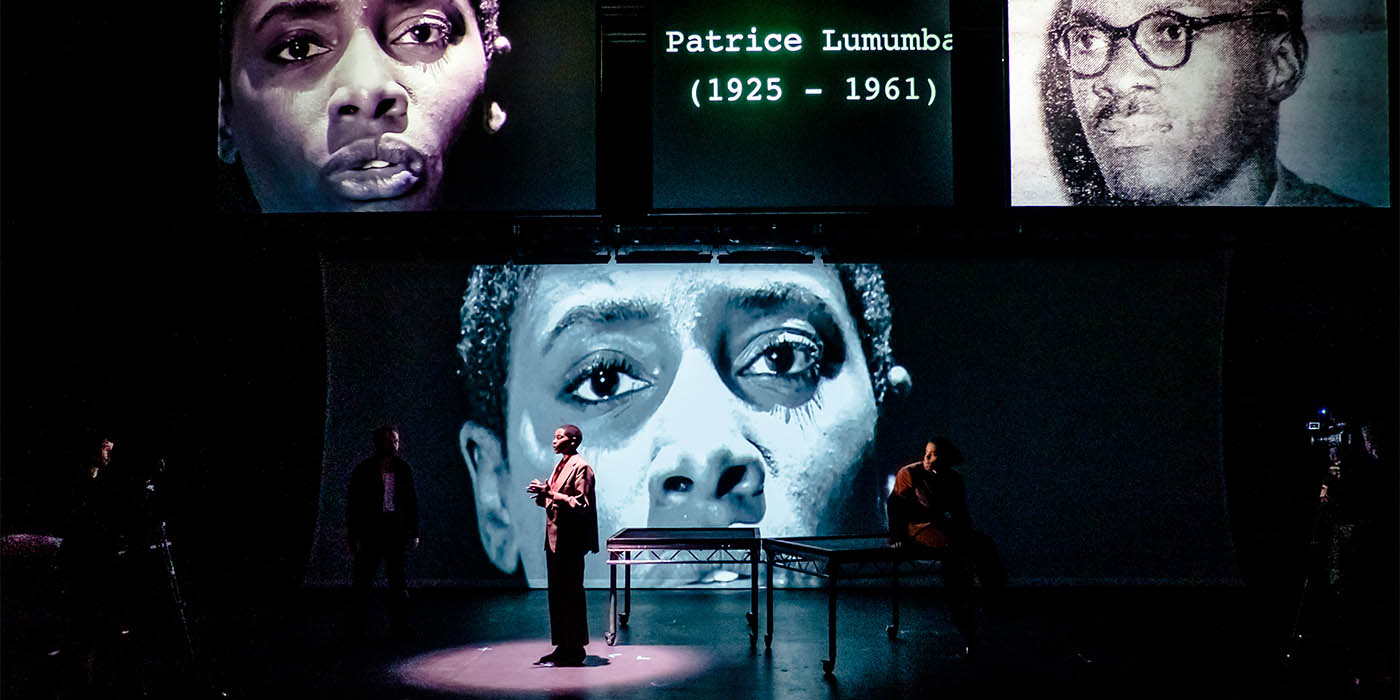
The novel tells the story of Charlie Marlow, a British man regaling friends back in England with tales of his time in the Congo. Marlow’s tale is part witness, part confession and part warning. He tells the gathering of his journey down the Congo River, which he paints as a primitive and terrifying place – the very heart of darkness. Marlow encounters Belgian stations called “trading posts” along the river, where he is appalled by the treatment of the African natives. Conrad’s critique of the theories of racial superiority which attempted to justify this treatment positions the novel as progressive. Arguably challenging both the racist violence, and the capitalist drive which facilitated it, Conrad describes imperialism in the Congo as “rapacious and pitiless folly”.
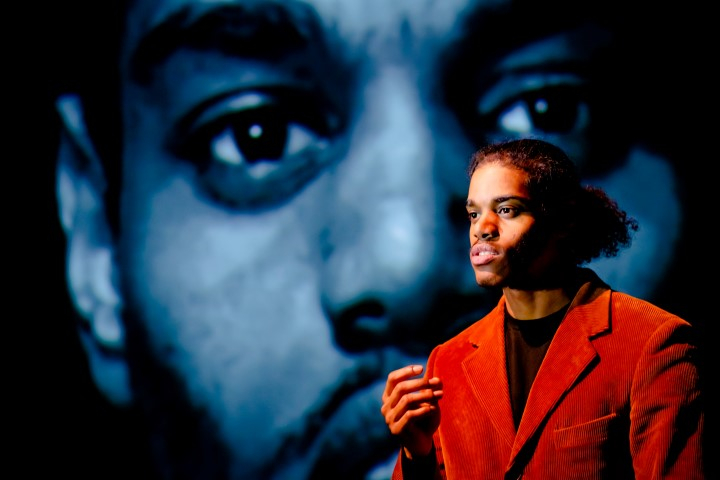
Yet, Conrad’s depiction of the natives who line the banks of the river, dance and howl primitively. That they are never given a voice in the novel has, understandably, led to criticism of the novel itself. Chinua Achebe’s influential 1977 essay on the book describes it as “bloody racist”. This is the debate which continues today – was Conrad deliberately depicting the racist views of 1899 with a view to undermining them, or was he complicit in the racism? The answer is, quite possibly, both.
Further along his journey, Marlow meets the sinister Mr Kurtz who has been living in the Congo for some time, and has apparently lost his mind. Conrad’s text infers that Kurtz’s unusual behaviour could potentially be a result of returning to his barbaric roots, having lived too long amongst savages… which is problematic. Kurtz it seems has taken a mistress from amongst the natives, and there has been trouble. The novel here raises questions of sexual exploitation, of the commodification of women, and infers a connection between sex and mankind’s other primal instincts.
Conrad’s novel has inspired extensive examination of what defines civilisation and the role of art in this conversation. Francis Ford Coppola used the story as a framework for his Vietnam War film Apocalypse Now. Peter Jackson’s 2005 King Kong remake also pays homage to the novel, as do the opening titles of one episode of The Simpsons. Heart of Darkness calls us to question our impulse to other, to question the metrics by which we define who we are. However you come down on Conrad’s novel, in the run up to Brexit these questions have never felt more prescient.
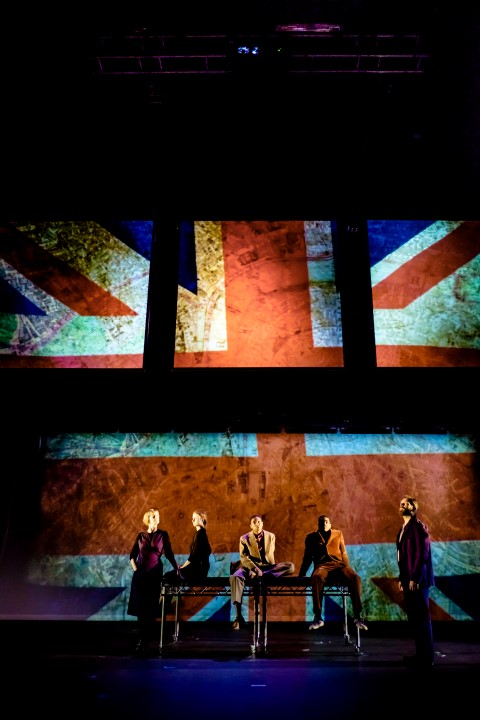
Enter imitating the dog. The strapline for this theatre company’s retelling of Conrad’s novel reads: “The story is impossible to tell, but it must be told”. Far from a straight retelling of the text, imitating the dog take our hands and drag us into the grapple for answers – but they shift the question. Building on the challenges Conrad’s novel poses to a contemporary reader, this production ask us to examine rather our own society, the problem of adaptation itself, the difficulties and responsibilities of artists.
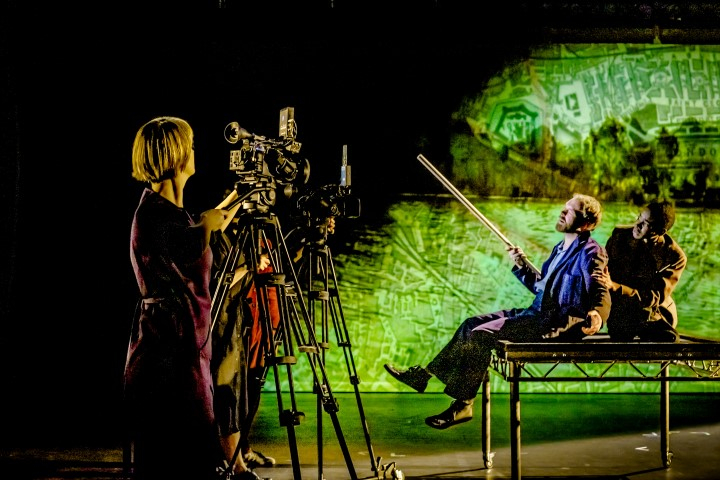
As the critic John Attridge writes: "The paradox of Heart of Darkness is that it seems at once so improbable and so necessary. It is impossible not to be astonished, when you think of it, that a Polish ex-sailor, writing in his third language, was ever in a position to author such a story, on such a subject." And the weight of this improbability is what makes Heart of Darkness such a vital story, drenched in the dark historical energies which still inform our world.
Heart of Darkness is at the Playhouse, Wed 1 May to Sat 4 May 2019
Posted in PRODUCTIONS